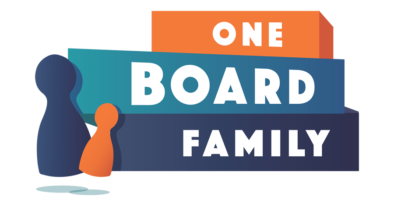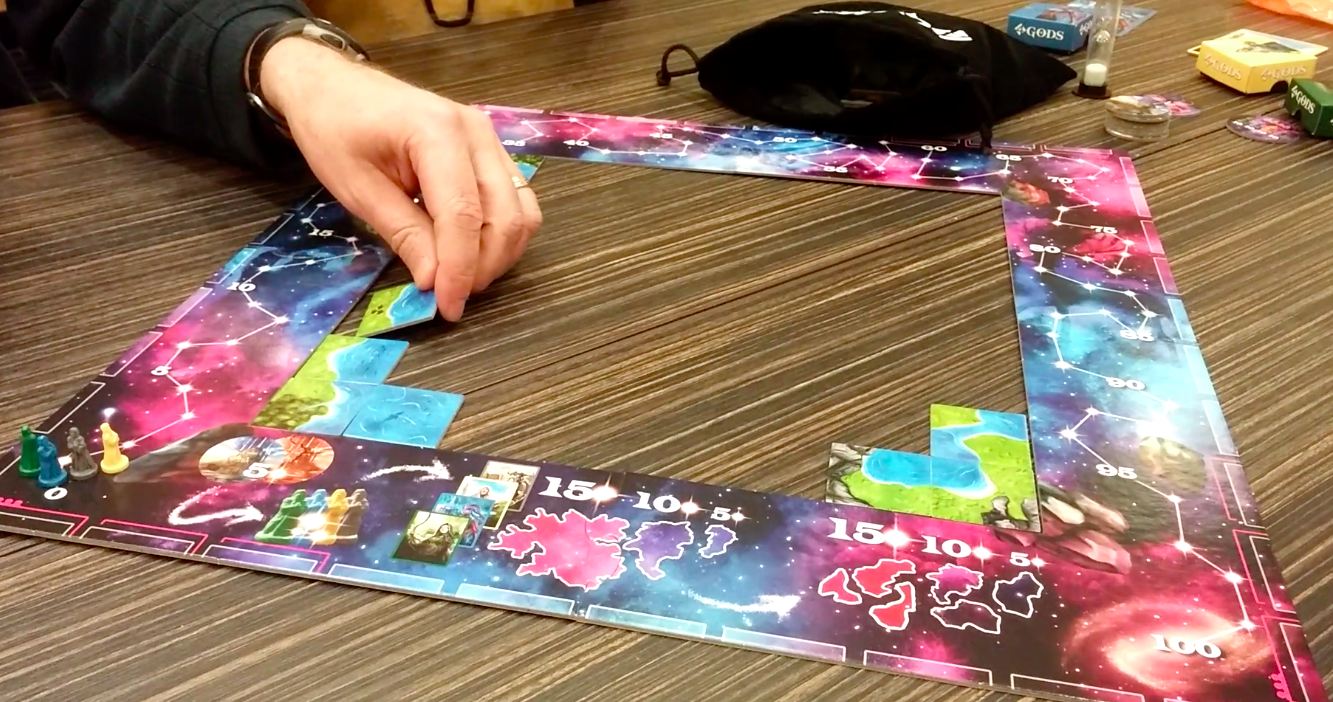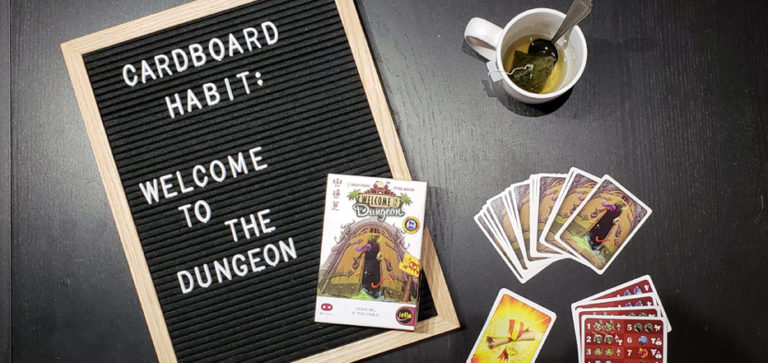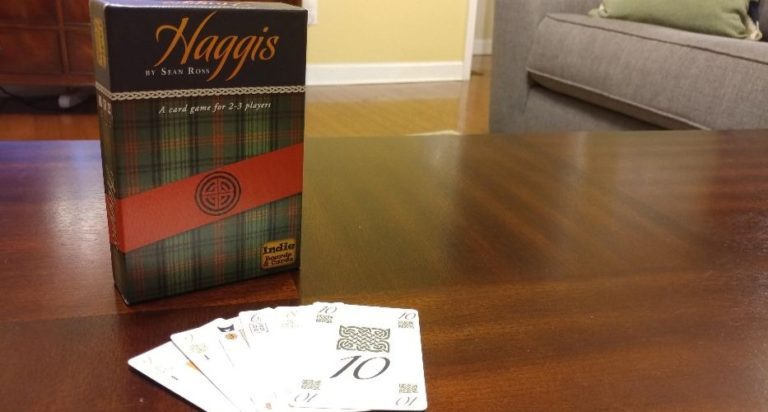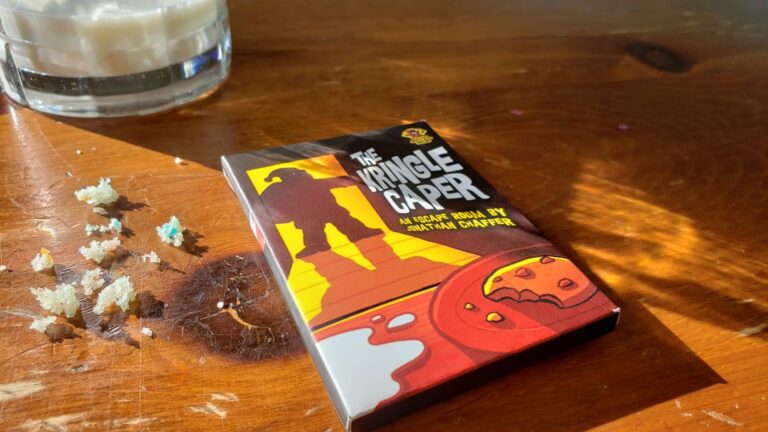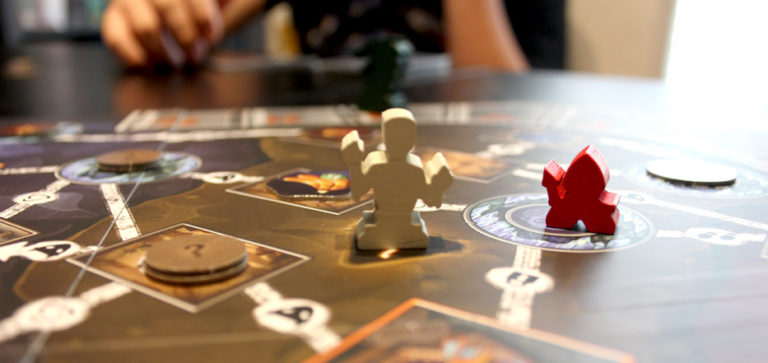The seconds tick away. Everyone around you waits with baited breath. The sweat forms on your brow, slowly collecting and rolling until a little drip falls off the end of your nose. You take a deep breath, in and out. The options seem infinite, but you feel you must weigh each and every one of them. Finally, you slowly reach your hand out, fingers about to grab the piece, when another idea flashes into your head. You quickly withdraw your hand, interlock your fingers, and rest your chin on your hands to begin the entire process again. All those around you let out frustrated groans. You my friend, are suffering from “Analysis Paralysis”.
Analysis paralysis is a bit of an in-joke in the board gaming community, but during a play session, it is far too real. While we understand the need to think through a turn, we’ve all had those experiences where you feel like you could be playing a whole other game while you wait for someone’s turn to end. It can be frustrating, and it can ruin a gaming experience. I want to talk to you about a game that seeks to avoid this problem.
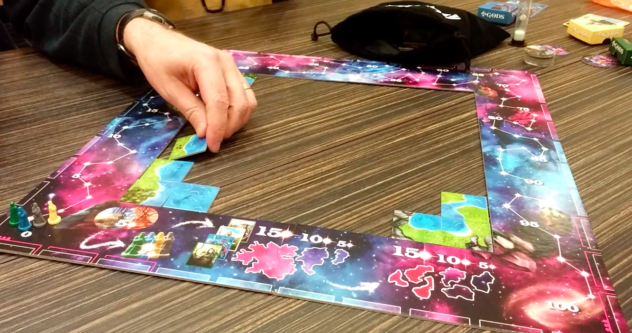
4 Gods is a tile-laying game released by Asmodee in 2016. Up to four players simultaneously work together and against each other to create a world of oceans, fields, mountains, and forests. Once the game begins, players will race to place their tiles down on the board. Tiles must match those nearby – so, if a previously laid tile has forests, the new tile placed next to it must align with those forests.
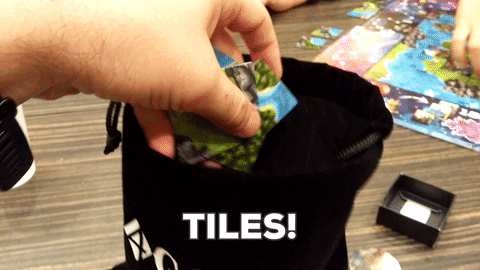
Play starts out fairly simply when there are not many tiles on the board, but as the board fills up, it becomes more and more difficult to find a tile that matches exactly what you need. Each player may set aside useless tiles, and all players may use these tiles later as the game progresses. If a player feels that a tile will never be found to fit in a particular spot on the map, that player can place a circular city tile down. However, if another player finds a tile later in the game that fits, the tile replaces the city, the placing player takes the city tile, and he or she gets points for it at the end of the round.
As the construction continues, players will lay claim to a particular one of the four types of territory, assuming the role as a ‘god’. At the end of the game, points are awarded for the largest number of territories in the construction. Players will also get access to prophets, little small plastic pieces that they can put onto tiles that they have placed.

Points are also awarded at the end of the game to the players who have claimed the largest of each type of territory with prophets. These two point calculation methods, plus the points awarded for cities, all come together to help determine the winner.
Like Carcassonne…Kinda
Many people who see 4 Gods will immediately compare it to Carcassonne, a more popular board game that’s about fifteen years old. While there are some definite overlaps from the tile laying and piece placement, the differences are strong enough that this game warrants its own attention.
Tile placement is a little more complicated in 4 Gods, as there are more elements to consider. The real-time approach means that those who often need plenty of time to plan their next move may get left behind. By the same token, those who appreciate more brisk game sessions might find more enjoyment from this game.
I also love the idea of making a major point-affecting decision part of the way through the game. You want to be able to place your prophets on territory as it’s developing, but you must also make sure that the territory you’re selecting is going to do well enough to get you points through that method. Each game is going to be a little bit different, due to the randomness of tile drawing, so you’ll have to adjust your strategy accordingly.
A Not So Perfect World
While there are many things to like about 4 Gods, it does have some flaws. The tiles are okay, but the border of the game is just so cheesy looking. In fact, the overall package feels a little low quality. This is also not a game that’s going to hold your attention that long. I played the game a few times at a gaming convention, and I haven’t felt the need to revisit it since then.
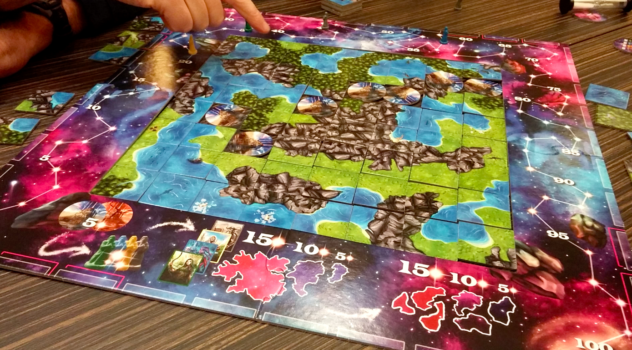
Congrats! You made a world!
Overall, I wouldn’t say 4 Gods is a must-buy. And depending on the price point, it may be one that you might avoid. However, if you can pick this one up at a decent price, I think you’ll get in a few games. It’s not going to be the highlight of your gaming session meal, but it works as a nice course or side dish. At the very least, I think it’s worth giving a shot if someone brings it on game night.
Highs
- encourages quick decision-making, and therefore quick gaming sessions
- a good amount of pressure on the decisions you make in the middle of the game
Lows
- the mechanics grow stale very quickly
- components seem to be somewhat lacking
